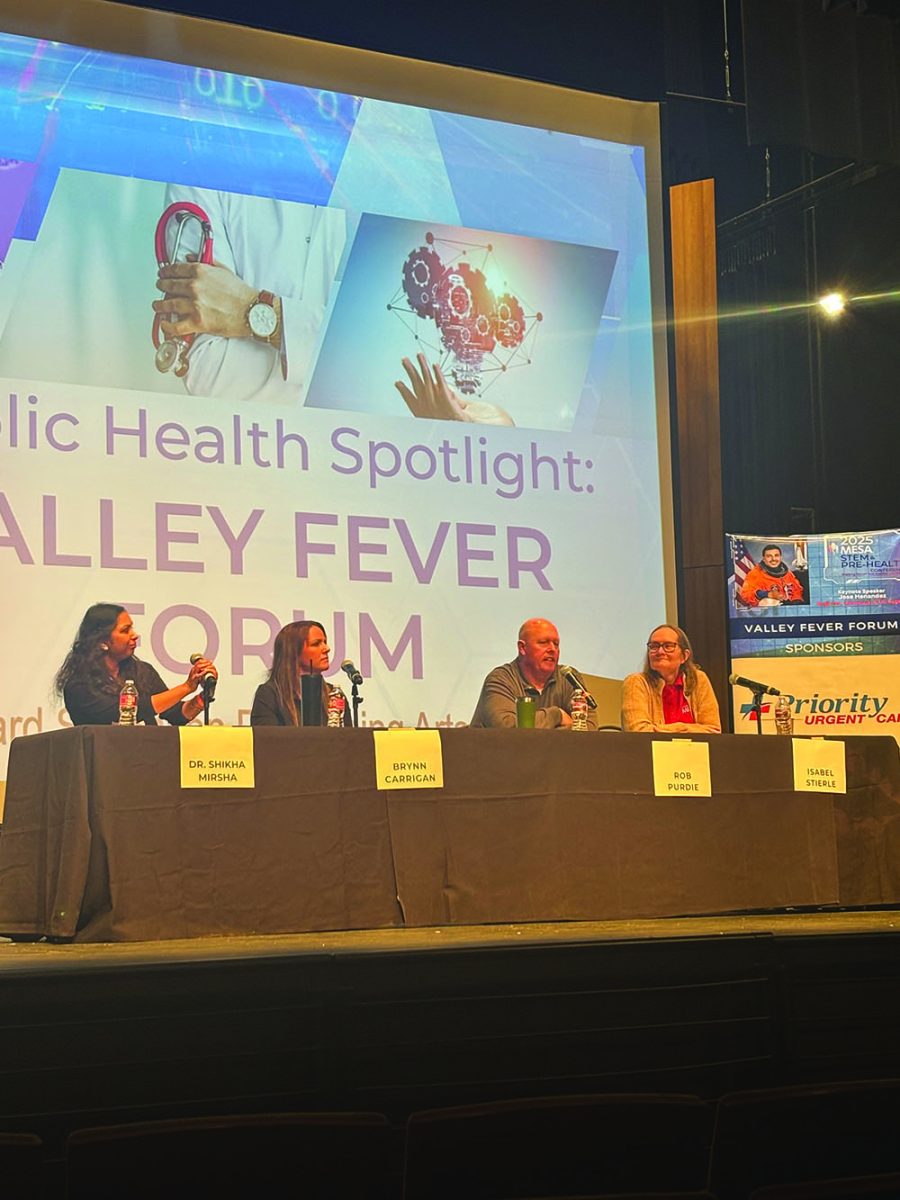Director James Gregory highlights the importance of Civil Rights history
March 17, 2023
BC professors Oliver Rosales and Andrew Bond were joined Monday night by Professor James N. Gregory for a Zoom webinar discussing the work Gregory has done in civil rights and the history it has within America.
The beginning of the meeting had a brief introduction as to who Gregory was. Small topics brought up were the books he’s published, his career in teaching history at the University of Washington, and his time living in Bakersfield during the 1970s and 80s.
The main focus of the webinar was presenting Gregory’s work as the director of the Civil Rights and Labor History Consortium and the projects within. The 3 projects focused on
were the “America’s Great Migrations,” “Mapping American Social Movements,” and his most recent project, “Racial Restrictive Covenants.”
“America’s Great Migration” is a project that shows the migration distribution of different races across decades within the United States such as Latinx, Black, and Asian Americans. One feature the map has is going into the county-by-county migration history within a state, such as Kern County, including residents’ birthplaces within any given year.

The “Mapping American Social Movements” project is dedicated to showcasing the historical geography of 19th-century social, civil rights, and radical movements that have influenced American life and politics. People using M.A.S.M. can see detailed locations and dates where specific movements held strikes and protests across the Nation such as the United Farm Workers of America.
The last of the projects showcased in the webinar was the “Racial Restrictive Covenants” project. This deals with the legal restrictions in place across America within the early and late 1900s to enforce segregation. The legacy these restrictions left behind is a major focus of the project as well showing how, in Seattle, the homeownership of races other than white people have been steadily declining from the 1960s to today.
Attendee Wendy Garay asked, “Is there work being done to map social movements of queer/LGBTQ people in California?” Gregory responded by saying his group hasn’t focused on California specifically yet, only Seattle. But he emphasized that the work is reliant on students, and what they bring to his attention. “When students want to do things we do them.”
Gregory ended the webinar by encouraging those attending to begin or further their research into Bakersfield’s history of civil rights.





